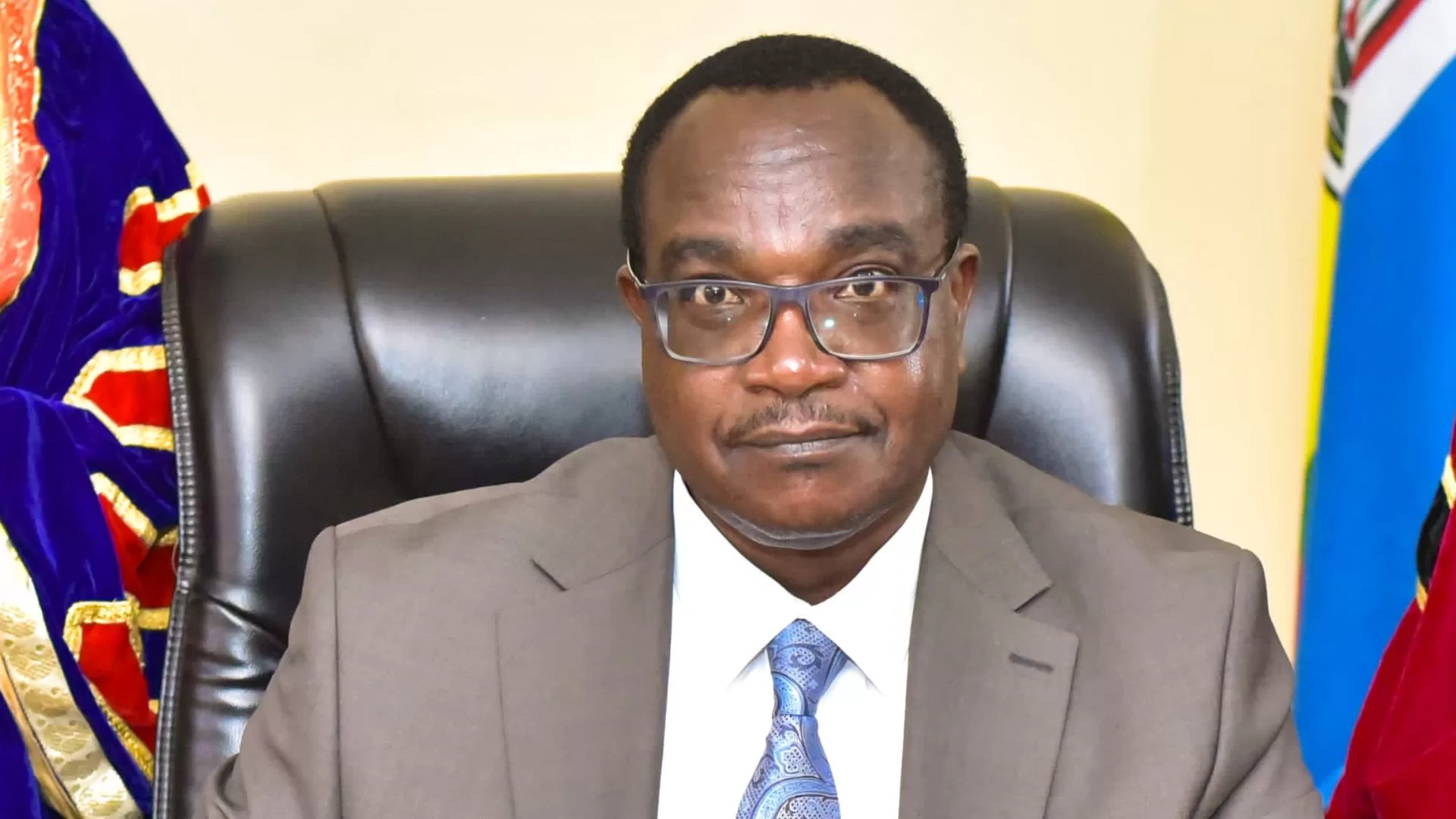New Semester, No Funds: University Funding Crisis After Court Decision.
Table of contents
Students in public universities under the funding model nullified by the High Court remain uncertain about financing for the second semester of the current academic year.
The second semester is scheduled to begin in January 2025, yet the court’s verdict affects first- and second-year students who only received loans and tuition fees for one semester.
Legal Developments and Pending Actions
The High Court’s December 16 decision ruled the Variable Scholarship and Loan Funding Model unconstitutional, citing lack of public participation and discriminatory practices.
While the government has issued a notice of appeal, it has not yet filed a substantive case at the Court of Appeal. Courts are on recess until January 12, 2025, leaving the matter unresolved.
In response to the funding crisis, Education Cabinet Secretary Julius Ogamba appointed a committee to explore solutions.
The committee, comprising ministry officials and representatives from semi-autonomous government agencies (SAGAs), is tasked with developing alternative funding mechanisms.
Controversial Funding Model
Introduced in 2023, the model awarded upkeep funds through the Higher Education Loans Board (HELB) and paid tuition fees directly to universities via scholarships managed by the Universities Fund (UF).
However, funding was not automatic, requiring students to apply. Critics, including the Kenya Human Rights Commission (KHRC) and student groups, filed the case challenging the model.
Join Teachers Updates on Facebook
The court prohibited further implementation of the model until constitutional and legal requirements are met. Justice Chacha Mwita emphasized that the government must adhere to constitutional mandates when designing funding frameworks.
Special Committee’s Deliberations
The committee, chaired by Prof. Daniel Mugendi of the University of Embu, is yet to finalize proposals for funding students and universities.
Prof. Mugendi stated that the committee plans to meet again on January 6, 2025, and anticipates a statement from the Education Cabinet Secretary. Additionally, the government intends to seek stay orders at the Court of Appeal while working to refine the funding model.
With the second semester starting on January 6, no funds will be disbursed under the current model due to the court ruling.
Public universities, UF, HELB, and the Kenya Universities and Colleges Central Placement Service (KUCCPS) are represented in the committee tasked with resolving the funding impasse.
Previous Attempts and Future Concerns
President William Ruto had earlier appointed a committee in September to review the funding model, but its term ended without presenting recommendations.
The government’s inability to fund universities through the Differentiated Unit Cost (DUC) model, due to declining capitation, adds to the financial strain.
By the time the new funding model was introduced, government capitation under the DUC had dropped from 80% to 48% of tuition fees.
Read Read: TSC Replacement of Teachers in Junior Secondary Schools: Posts Distribution
As another cohort of students prepares to join universities in 2025, the government faces heightened budgetary pressures to sustain higher education.
Students remain particularly opposed to the model’s categorization into economic bands based on a means-testing instrument, further complicating efforts to resolve the crisis.
Stakeholder Appeals
Advocates like Boaz Waruku urged the government to comply with the Helb Act as directed by the court and to address funding shortfalls caused by non-compliance.
Stakeholders continue to call for immediate and sustainable funding solutions to avoid further disruptions in higher education.
New Semester, No Funds: University Funding Crisis After Court Decision
Follow Teachers Updates on Facebook, LinkedIn, X (Twitter), WhatsApp, Telegram, and Instagram. Get in touch with our editors at [email protected].


Discussion about this post